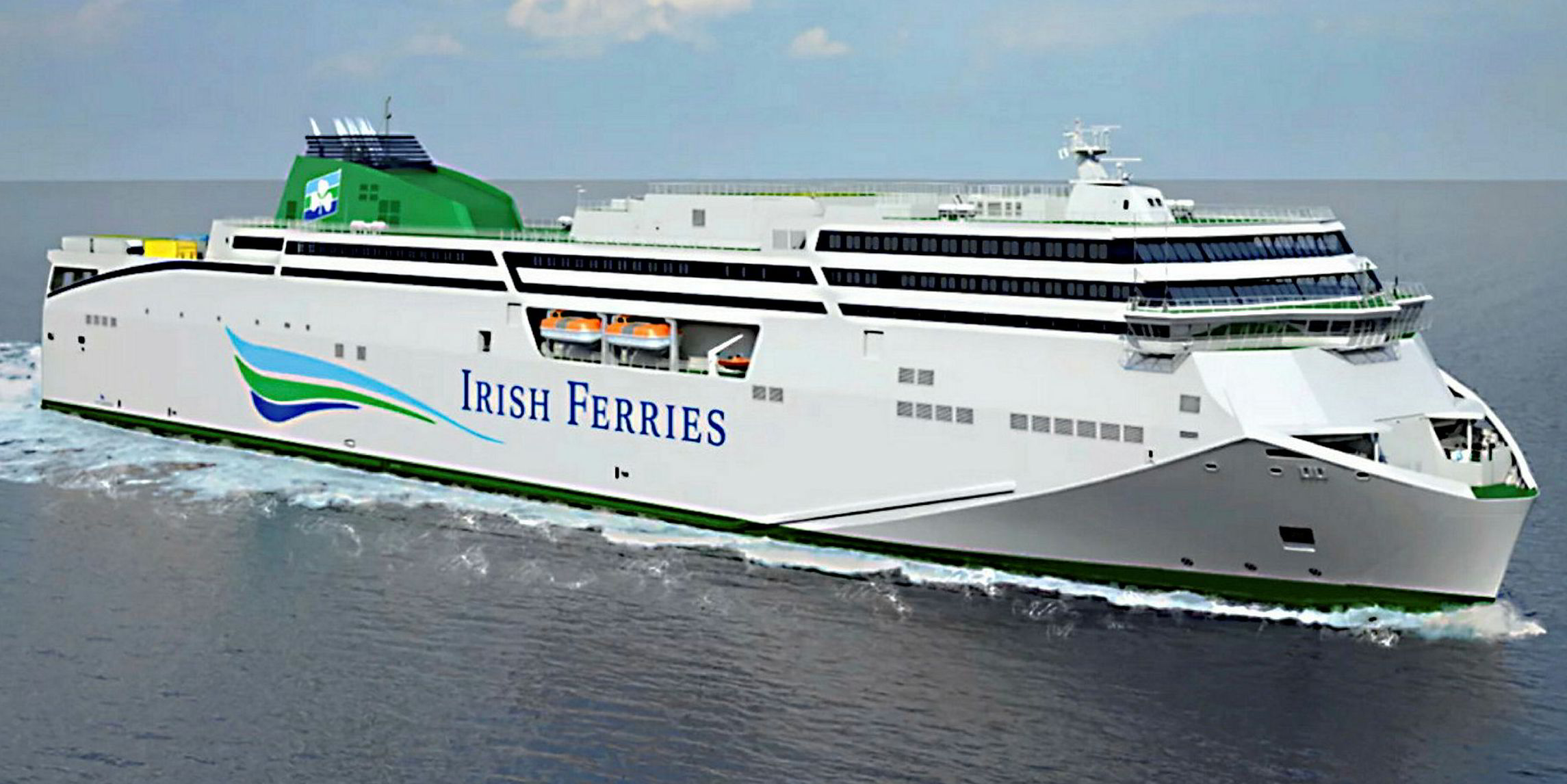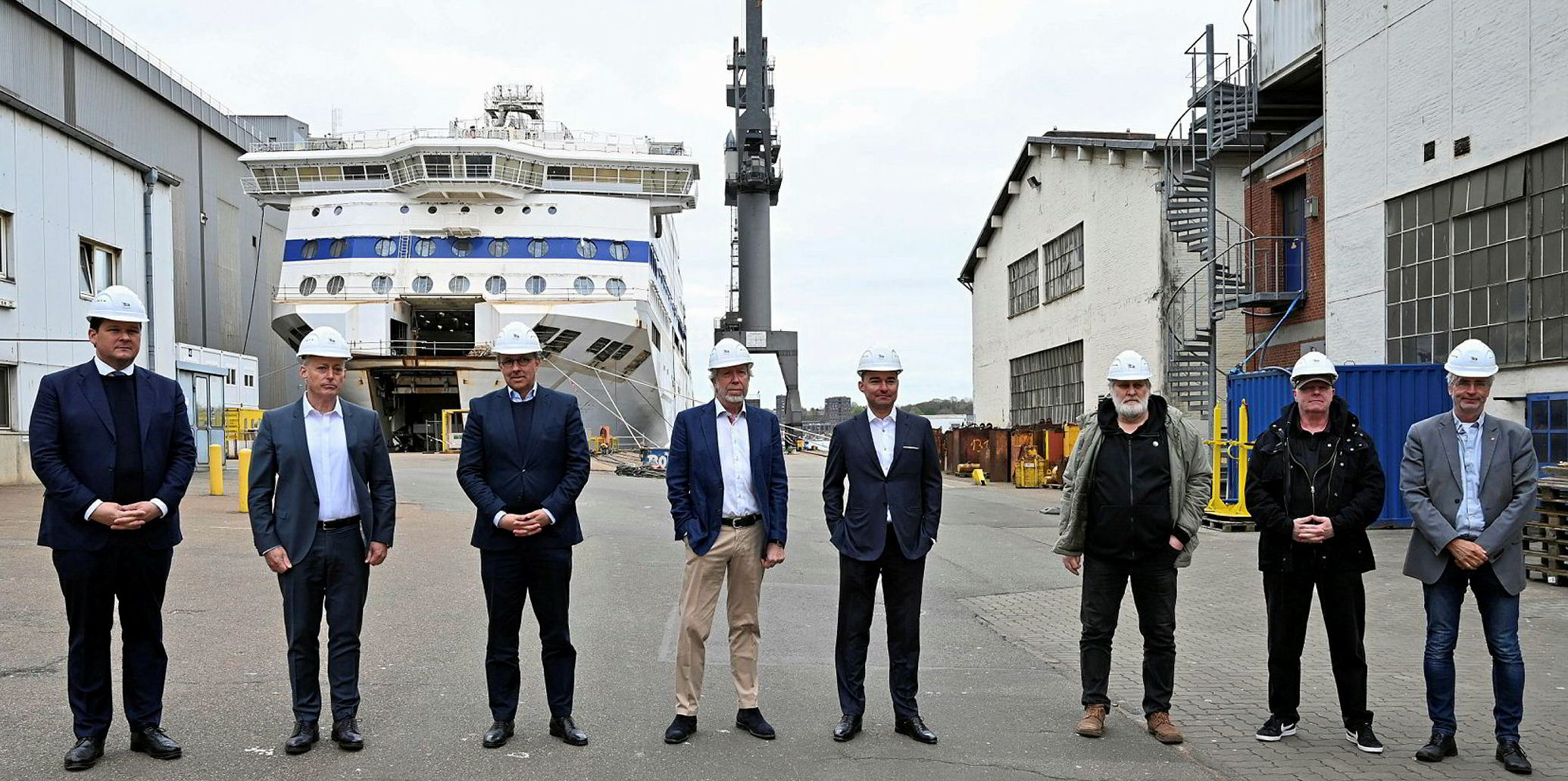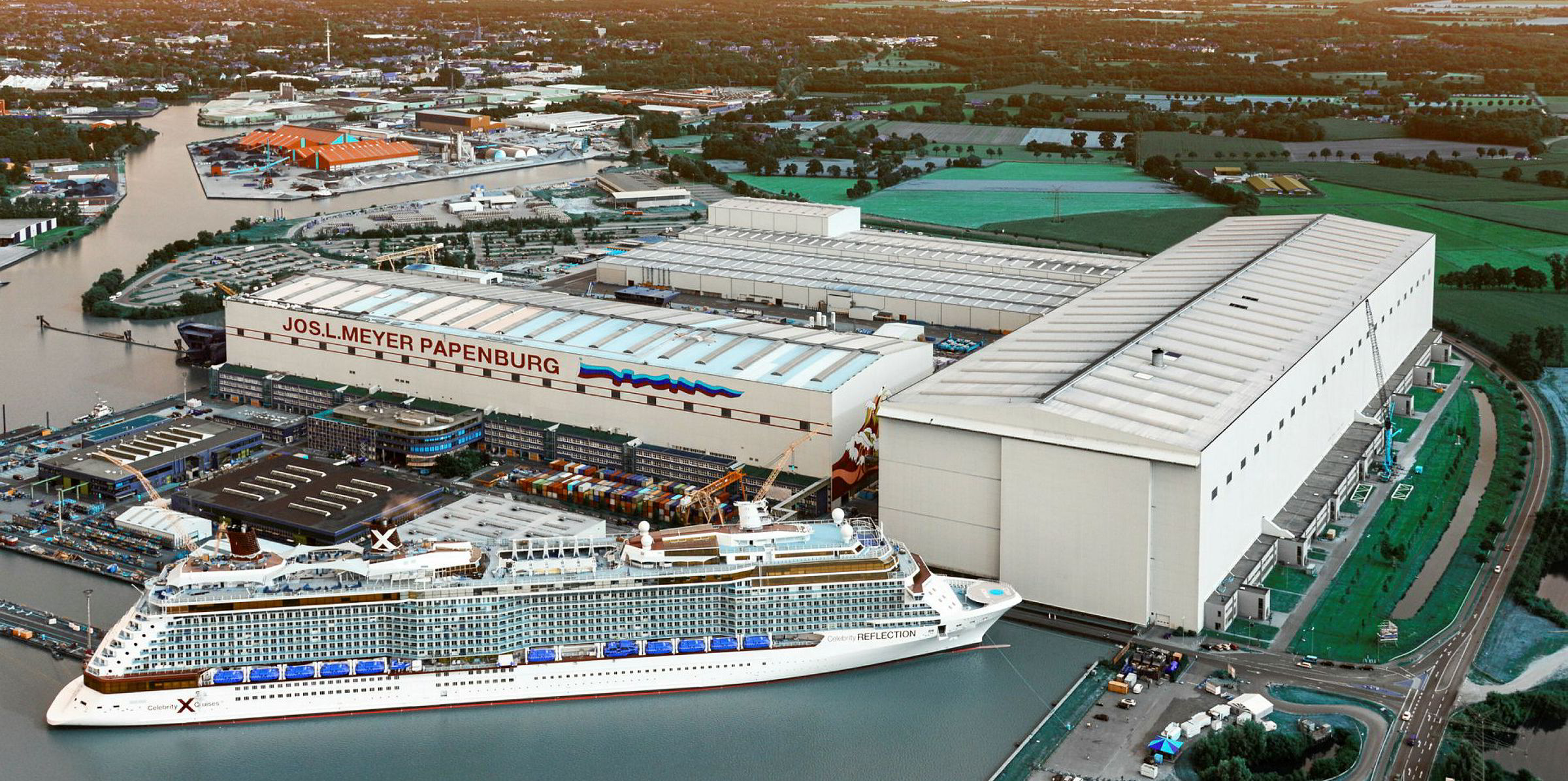Restructuring German shipbuilder Flensburger Schiffbau-Gesellschaft (FSG) has seen its orderbook cut to one vessel as it revealed it is in talks to sell its business.
London-listed Irish Continental Group (ICG), which owns Irish Ferries, said on Thursday that it had cancelled its contract for a 67,300-gt ropax due in September.
It blamed this on the yard filing for self-administration at the Flensburg District Court in April.
FSG has been placed in debtor-in-possession management under the oversight of an insolvency monitor.
ICG had paid a 20% deposit of €33m ($37.6m), which has been returned.
FSG plans to resume operations in the summer, after halting them due to the coronavirus pandemic.
Talks underway
The yard said on Thursday that it is in talks with Hamburg shipbuilder Pella Sietas regarding a sale of its business.
"However, the talks with Pella Sietas are far from complete and whether they will be successful depends on many factors," it added.
"We also do not yet know how many jobs can be retained if Pella Sietas takes over FSG and how many will have to be cut."
Pella Sietas, owned by Russian shipbuilder Pella Shipyard, is building three ships in Germany currently, including an icebreaker and a ropax.
Two ships cancelled earlier this year

In February, Australia's TT-Line, the Tasmanian state-owned ferry operator, cancelled a deal for two 48,000-gt ropaxes at FSG, switching it to Rauma Marine Constructions in Finland.
It blamed the decision on FSG’s delays in the building of other ships and uncertainty over its finances.
The latest cancellation leaves FSG with just a 42,400-gt ropax for Brittany Ferries due this month, according to Clarksons.
ICG went to court this year to fight a passenger compensation order arising from a delayed vessel delivery. It had to cancel sailings last year because the 51,400-gt WB Yeats (built 2018) was late from FSG.
The Irish group said on Thursday the level of uncertainty and the introduction of travel restrictions across the EU because of the pandemic have led to a significant reduction in volumes.
From 1 January to 6 June, car volumes plunged 62% and passenger numbers 60%.
"The severity of this reduction in passenger revenue is dependent on the duration and nature of travel restrictions, particularly over the peak summer season," ICG added, but it said it is in a strong financial position to weather the Covid-19 storm.






